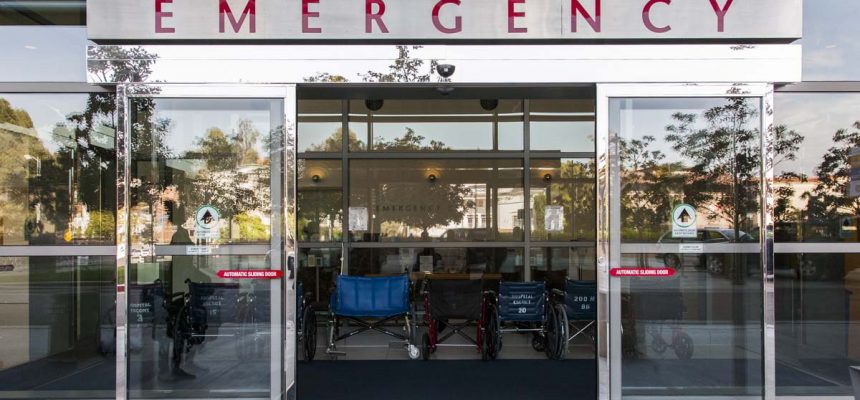Wait Time For Hospital Beds Hurts Consumers
By Consumers For Quality Care, on March 5, 2019

Emergency patients might have a harder time getting admitted to the hospital than they anticipate. A new study examined over a million Medicare cases and found that hospitals often make $700 more on elective admissions than on emergency department cases, according to the Washington Post. This financial incentive means that elective patients often take priority over emergency patients.
Such a preference for elective admissions might be unexpected, as emergency patients are, by definition, emergencies. But elective patients have attributes that make them financially attractive. They arrive promptly in the morning; they are well-insured; and they undergo invasive procedures that represent a significant revenue stream for hospitals.
While the number of patients in the emergency department (ED) usually remains constant each day, the number of elective procedures scheduled depends on the day of the week. More elective procedures are done at the beginning of the week in hopes of minimizing weekend work for physicians.
The weekday peak in elective admissions creates a bottleneck that results in admitted patients “boarding” in the ED. Boarded patients have nominally been admitted to the hospital, yet they physically remain in the ED until vacancies in the hospital arise. But vacancies may not arise for hours or, in extreme cases, days.
A 2007 study by the national Institute of Medicine found that on an average Monday night, 73 percent of hospital EDs report boarding two or more admitted patients. Boarding in the ED can be dangerous for patients, making them more unstable the longer that they wait.
Boarding is not merely inconvenient. It is also unsafe. As the Institute of Medicine report put it: “The potential for errors, life-threatening delays in treatment, and diminished overall quality of care is enormous in these situations.”
In 2011, a study found that patients who were boarded for more than 12 hours died at a rate nearly double that of patients who boarded for less than two.
Boarding also tends to exert a disproportionate effect on vulnerable populations. The length of ED stay has been found to be longer for African American and Hispanic patients. The elderly and patients with mental-health issues are more likely to receive their initial inpatient care on gurneys in the ED.
Dr. Richard Klasco and Dr. Richard Wolfe say that there are possible changes to be made to decrease the number of patients who are boarded. Hospitals can add beds or can move schedule structures to what is known as “smoothing,” which “reorients schedules to distribute surgical cases uniformly across the workweek, mitigating the bottleneck to emergency admissions.” The physicians say that for more beds to be available for patients in need, both Medicare and private insurance needs to increase reimbursement rates for emergency department admissions.



